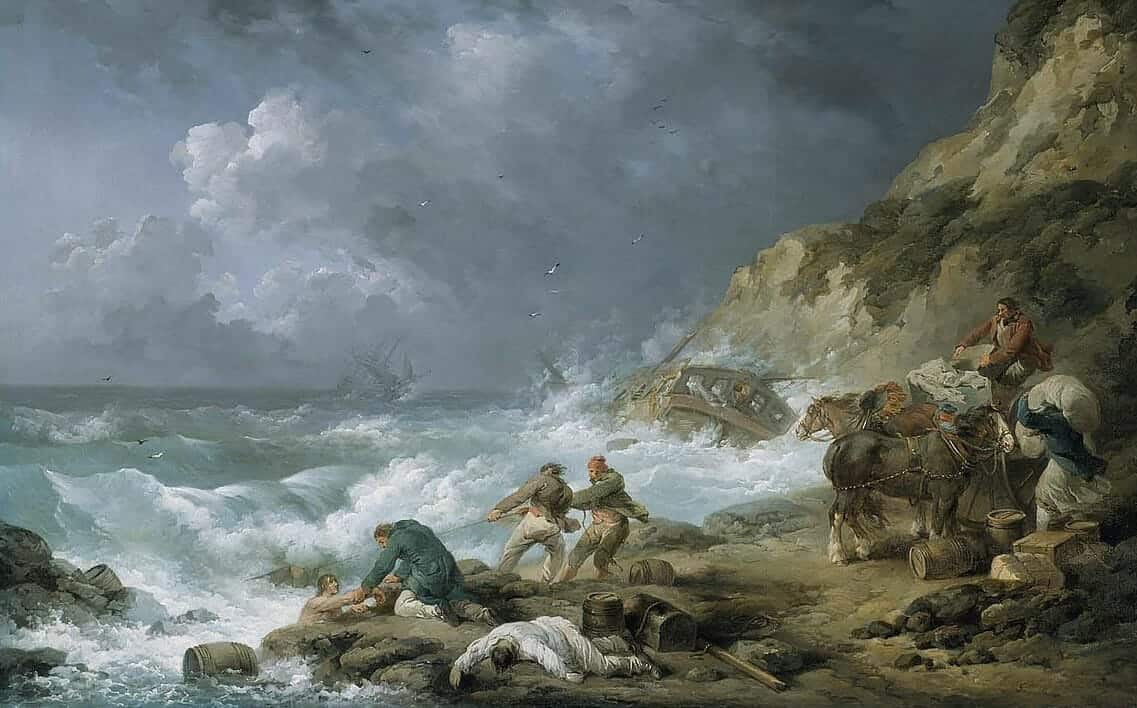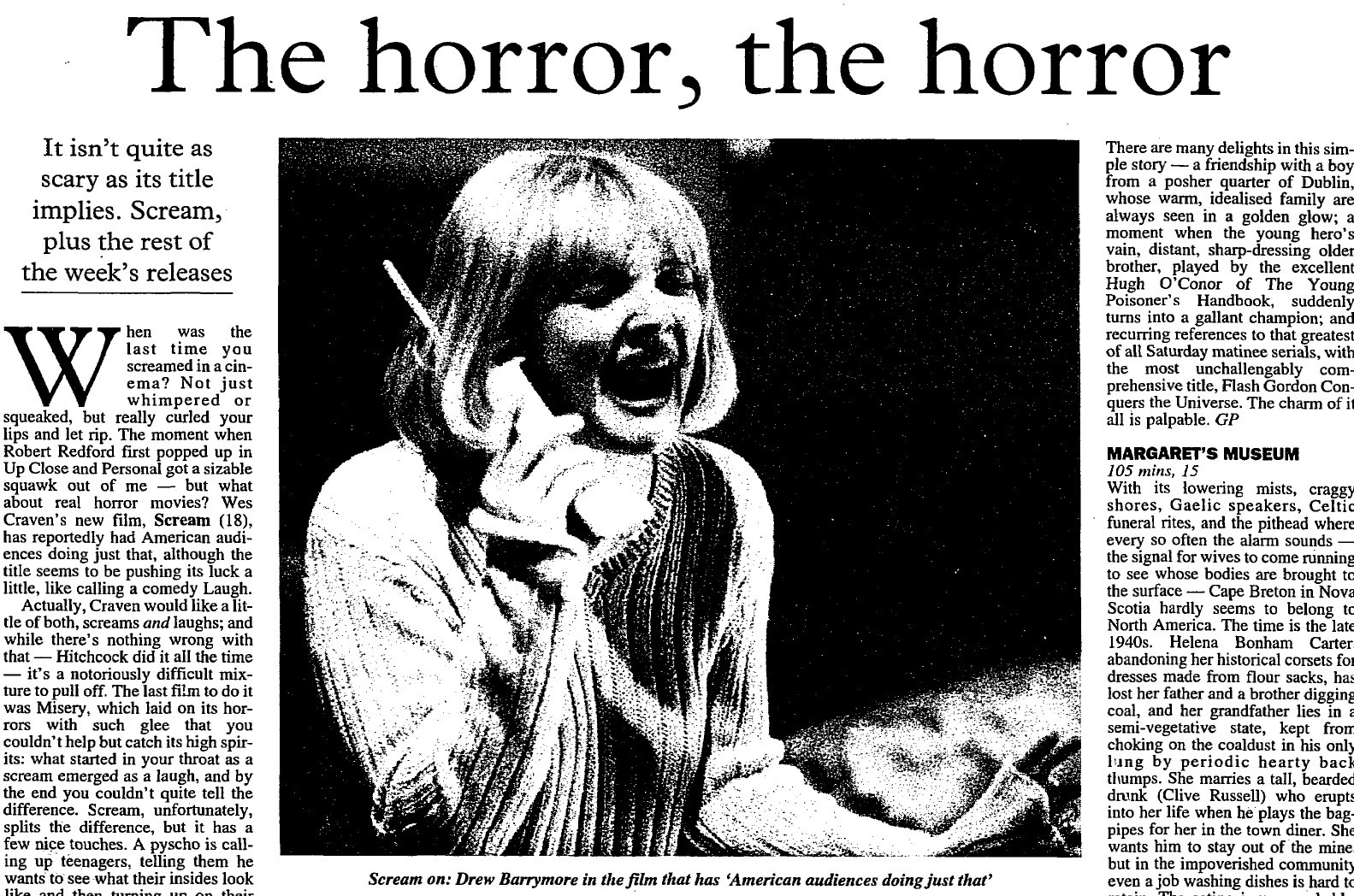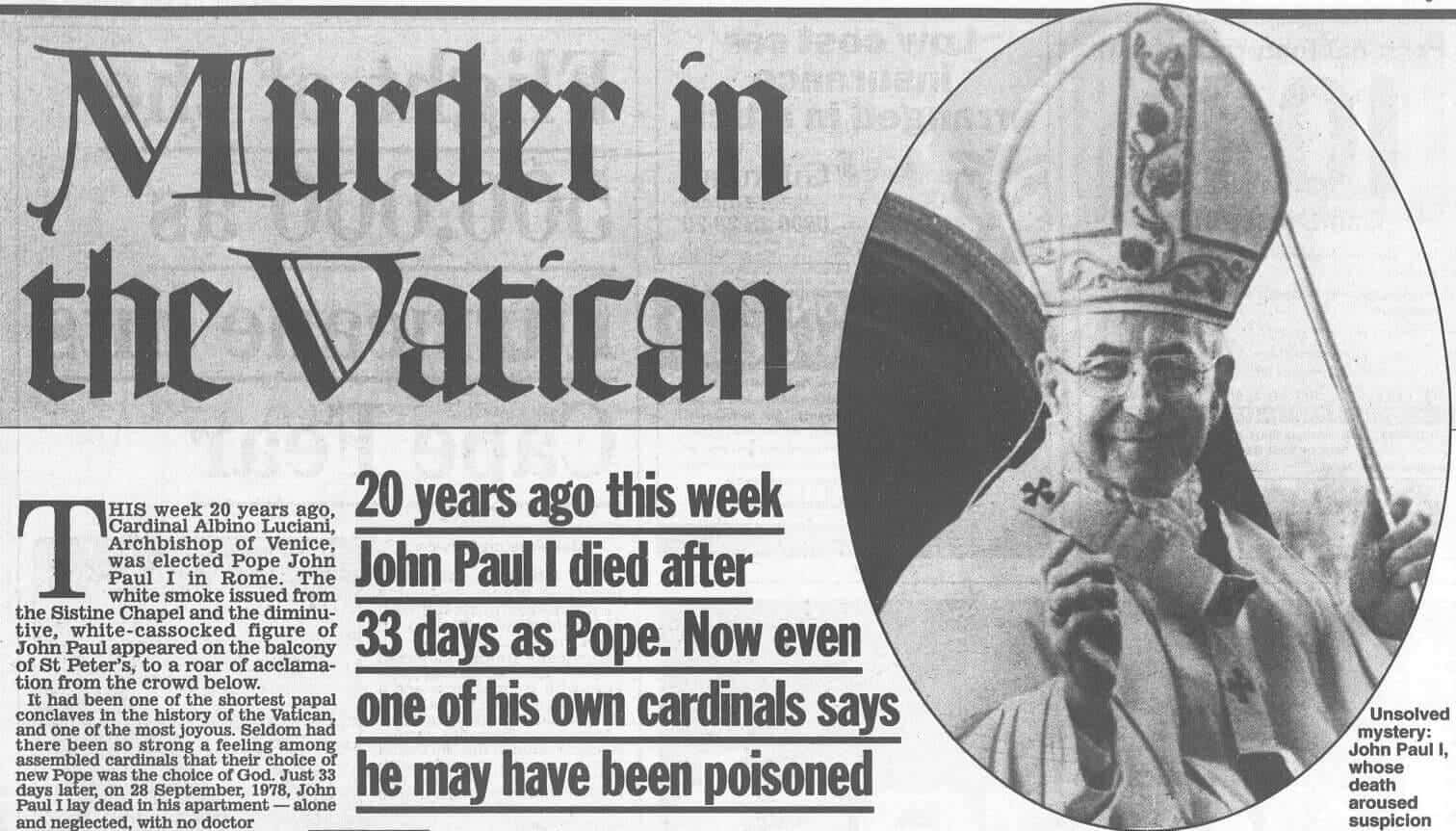|By Ellen Boucher, Gale Ambassador at the University of Bristol|
One of my History modules this year, Outlaws, focused on the robbers, bandits and smugglers on the outskirts of society. For my final presentation for the module, I chose to study maritime wreckers using Gale’s Historical Newspapers, to explore how Daphne du Maurier’s novel Jamaica Inn, published in 1936, fitted into a changing narrative surrounding wreckers. ‘Wreckers’ was the name for those who would strip grounded or wrecked ships of valuable contents. Originally, they have been portrayed as dangerous criminals, in marked difference to other pirates and thieves we studied during this module, whose history has often been romanticised. Instead, wreckers, who were typically opportunists who saw themselves as having a right to the bounty from ships, were portrayed as dangerous and murderous criminals who would purposefully lure ships to wreck. This is the type of wrecker Daphne du Maurier presents in her antagonist, Joss Merlyn, a cruel and violent criminal.





